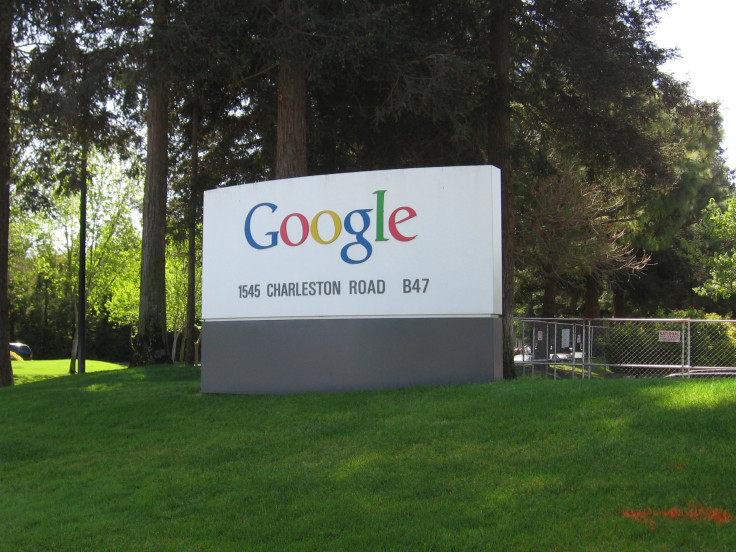A Google (GOOG) Stock Split: Lessons From Last Time, As Stock Exceeds $1,000

Investors and market watchers are once again speculating about a Google stock split after the company's shares (GOOG) topped $1,000 on Friday afternoon, buoyed by excellent third-quarter earnings.
If the company split its stock 2-for-1, the share price would adjust to around $500, while the total value of the firm, its market capitalization, would stay the same. That could provide a psychological boost to individual investors who are often more willing to purchase stocks with a less lofty sticker price.
But any split that might be pondered comes with the baggage associated with a previously proposed Google stock split that had been announced in April 2012. That planned move went awry when it attracted a lawsuit from some shareholders, who complained that the proposed new shares wouldn't confer voting rights.
In their 2012 letter, company founders Larry Page and Sergey Brin proposed a new class of stock, which effectively constituted a stock split. The plan was criticized at the time as a tactic of Google’s three founders to grab more executive power. But in their letter, the Google execs also wrote: “There’s no particular urgency to make these changes now.”
Two shareholder lawsuits filed in the wake of the 2012 announcement put stock split plans on hold, according to Google’s 2012 proxy statement. Google wrote then in its regulatory filing: “Google believes that each of these lawsuits is without merit and intends to vigorously defend against all claims asserted.”
In June, Google settled the lawsuit after consolidating the two shareholder suits related to the matter, though the settlement is still awaiting court approval, according to StreetInsider.
A hearing is scheduled for Oct. 28. “If the court approves the settlement, we expect our board to consider the issuance of the stock dividend,” a Google spokesman told StreetInsider.
According to the settlement terms, Google may make a one-time payment to holders of the new Class C stock, if they trade at a certain discount compared to ordinary Google shares. That could cost Google $1.15 billion, according to court filings.
A special two-man committee of independent board directors will also review any modifications to the terms of any split. There’s also an option to convert the nonvoting stock into voting stock, if Page and Brin have less than 15 percent of shareholder voting power.
These new class C shareholders, after a potential stock split, would have financial benefits and a legal structure that makes it hard for Google execs to hold undue absolute power, according to the suit’s plaintiffs.
Stock splits have become rare in recent years,, according to Reuters, after peaking in the mid-1980s and 1990s.
“A lot of times when a stock splits, a lot of the time they trade up [in price],” one trader who works at a New York trading house with more than 50 employees told International Business Times. “Markets would welcome that.”
He said the split would make Google more attractive for small-time retail investors, who may be intimidated by expensive tech stocks like Google, Netflix Inc. (NASDAQ:NFLX) and Apple Inc. (NASDAQ:AAPL), which often trade at more than $300 or $500, respectively. “It’s probably well received a lot of the time, but it’s not a rule or anything -- it’s just perception,” he added, regarding stock splits. “I’d say the impact is minimal, but it’s still kind of positive in the sense where it increases liquidity in the market.”
Reactions on Twitter on Friday were muted, with investors and traders wondering whether a split was imminent.
Still like $GOOG! Breaking $1k is nice, but a 20:1 split would be even nicer.
- Market Raven™ © (@market_raven) October 18, 2013
$MSFT should reverse split 100:1 just to annoy $GOOG
- Michael C.Bazarewsky (@mikebaz) October 18, 2013
Documents from the lawsuit over the April 2012 split plan, which could be relevant to any future split, can be found here.
© Copyright IBTimes 2024. All rights reserved.






















